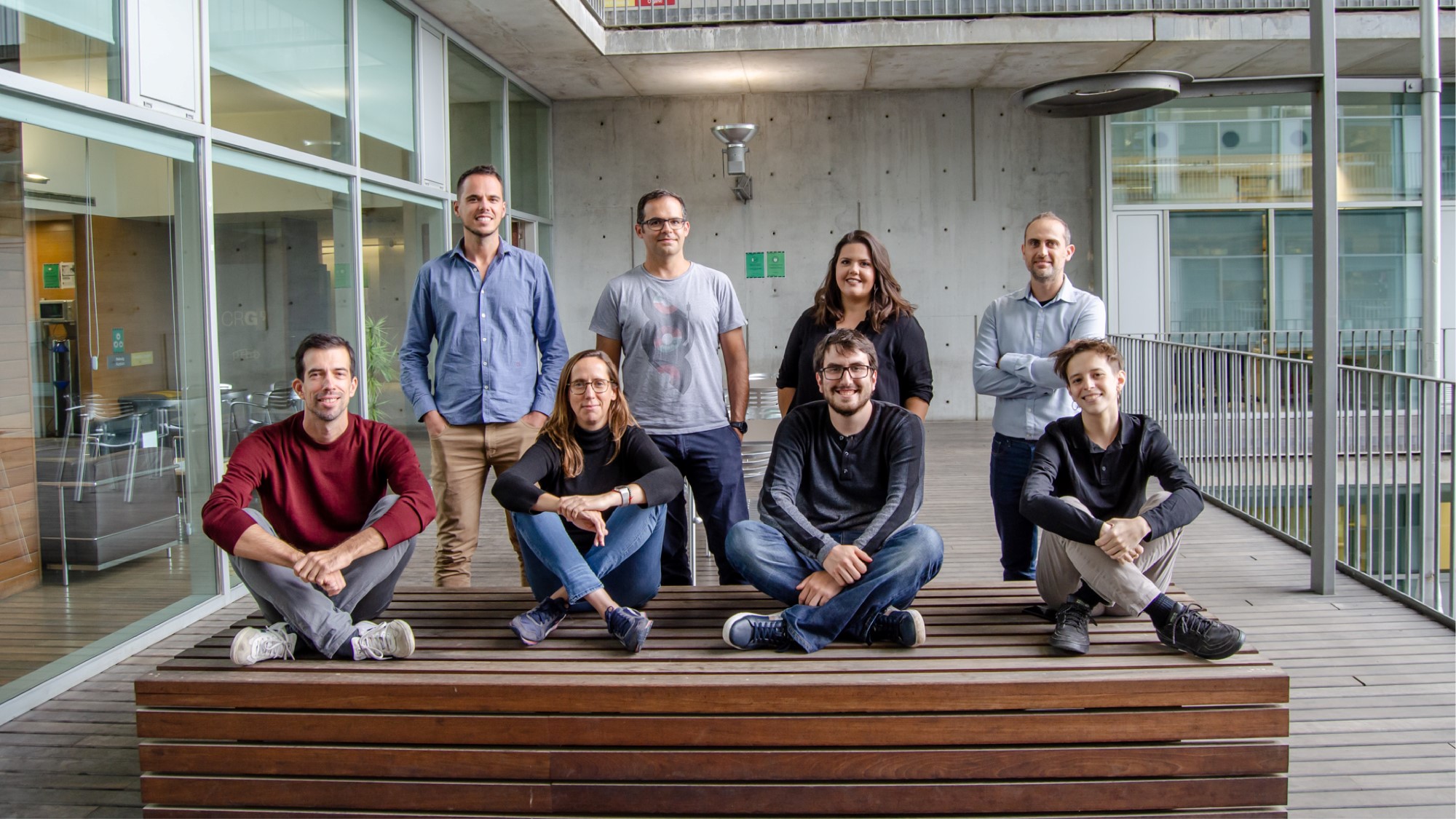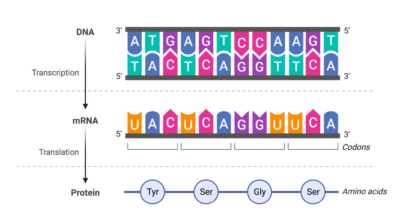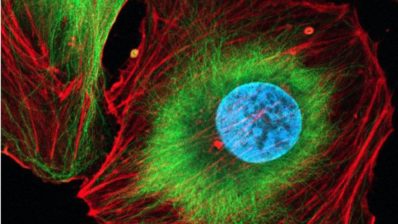Cancer is one of the most important biomedical challenges of today; in particular, developing a technique for early diagnosis in order to treat this disease as soon as possible. And this is precisely the goal of Flomics Biotech, a startup created at the Barcelona Biomedical Research Park (PRBB) specialising in biotechnology and genomics.
Founded in late 2018 by João Curado, Luis Korrodi, Esther Lizano and André Guedes, from the Centre for Genomic Regulation (CRG) and Pompeu Fabra University (UPF), in 2022 the company has closed its first seed round of investment raising €1,000,000.
Although they had previously obtained grants and subsidies amounting to €500,000, this was their first round of external funding. Curado says that securing this funding has been a challenge because “we have faced the pandemic factor, which has obviously conditioned the number of events and investors available for companies that are taking off”.
A novel technique
This financial boost will help Flomics to continue developing its solution against cancer. They are committed to a new technique based on the use of liquid biopsies, next-generation sequencing of RNA molecules and artificial intelligence to detect different types of cancer from a single blood sample.
Until now, diagnostics were performed by trying to detect mutations in cell-free DNA (cfDNA), which is the DNA that remains circulating once cells have undergone lysis and have ‘exploded’. However, the Flomics team decided to base their biopsies on cell-free RNA (cfRNA) because, as Curado explains, “the DNA is the same in all our cells, but the RNA is the dynamic manifestation of our genome and differs between different cell types”. That is why he adds that “using RNA is what makes it possible to differentiate different types of cancer from a single blood sample”.
“RNA is a much more dynamic molecule, so we can differentiate between different types of cancer from a single blood sample”
João Curado, co-fundador de Flomics Biotech
Using cfRNA as a detection molecule has another advantage: the RNA does not need to belong to the cancer cell, but can also come from adjacent cells that are trying to fight the tumour. This is because, when these cells coordinate the response against the cancer, they produce RNA that can also be detected in the blood. “In the early stages of cancer, finding the mutation in cfDNA will be very difficult, the probability is very low. But looking at the cfRNA in the cells fighting the tumour has a better chance of success,” says Curado.
These sequencing techniques are then combined with machine learning or artificial intelligence procedures. In this way, algorithms process the thousands of data obtained and decide where there is relevant information, providing a more impartial and unbiased view.
Vision for the future
Flomics’ current goal is to develop a diagnostic kit for lung and colon cancer that will be available on the market by 2024; and, by 2026, to be able to present an updated version for five types of cancer. However, Curado warns that there is still a long way to go to achieve these results.
But the Flomics team sees further ahead and raises the possibility of being able to expand the application of this technique to other diseases such as other types of cancer or even diseases outside oncology, such as COVID-19, Alzheimer’s or multiple sclerosis. “As we are working with RNA molecules, we don’t need the disease to be caused by a mutation in the DNA, but we can look for other types of signals,” concludes Curado.







